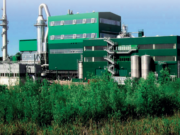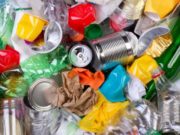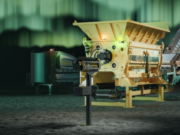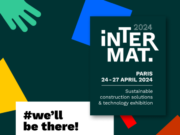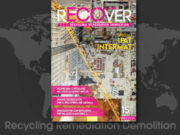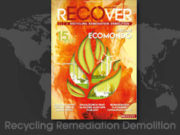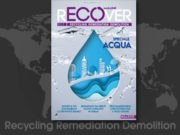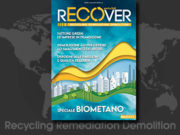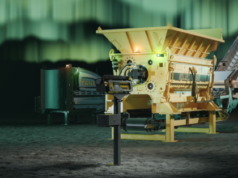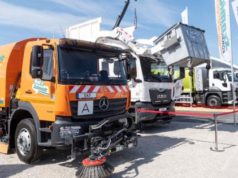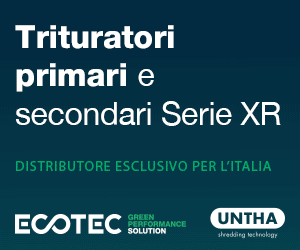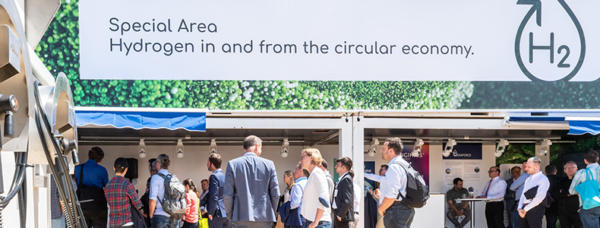
Hydrogen meets environmental technology
Did you know that waste, water and wastewater management is becoming a partner for the hydrogen economy? There are interesting points of contact in both the production and use of this climate-friendly energy source and its by-products. For example: The energy generated in waste-to-energy and biogas plants can be used for carbon-neutral hydrogen production. In addition to hydrogen, water electrolysis also produces oxygen, which could be used to effectively aerate clarifiers. Methane from sewage sludge treatment, or also plastic waste can be processed into hydrogen and carbon that can be used in agriculture or industry. And the first refuse collection vehicles are already running on hydrogen.
The international environmental technology trade fair IFAT Munich 2024 is devoting a Spotlight Area to the topic of “Hydrogen in the Circular Economy.”
Hydrogen and graphene from plastic waste
A team of researchers at Rice University in Texas recently found that hydrogen and the carbon material graphene, which can be used in industry, can be obtained from plastic waste of any composition by flash heating it to more than 2,800°C. Since the production costs (https://news.rice.edu/news/2023/making-hydrogen-waste-plastic-could-pay-itself) would be less than the value of the products, the process could also be economically attractive. The international environmental technology trade fair IFAT Munich 2024, taking place in Munich in May, will also be addressing the links between waste, water and wastewater management and the hydrogen economy. It is devoting a Spotlight Area to the topic of “Hydrogen in the Circular Economy”.
Plasma analysis extracts hydrogen from waste and wastewater
The plasma electrolyzers of the Berlin-based company Graforce (www.graforce.com) convert waste – including wastewater and gases – into hydrogen and valuable by-products such as solid carbon. The solution, which is also economically viable, significantly reduces carbon dioxide emissions from hydrogen production and supports the circular economy. You can learn about the process at the world’s leading environmental technology trade fair IFAT Munich 2024, which will be focusing on the topic of “Hydrogen in the Circular Economy” with a Spotlight Area.







